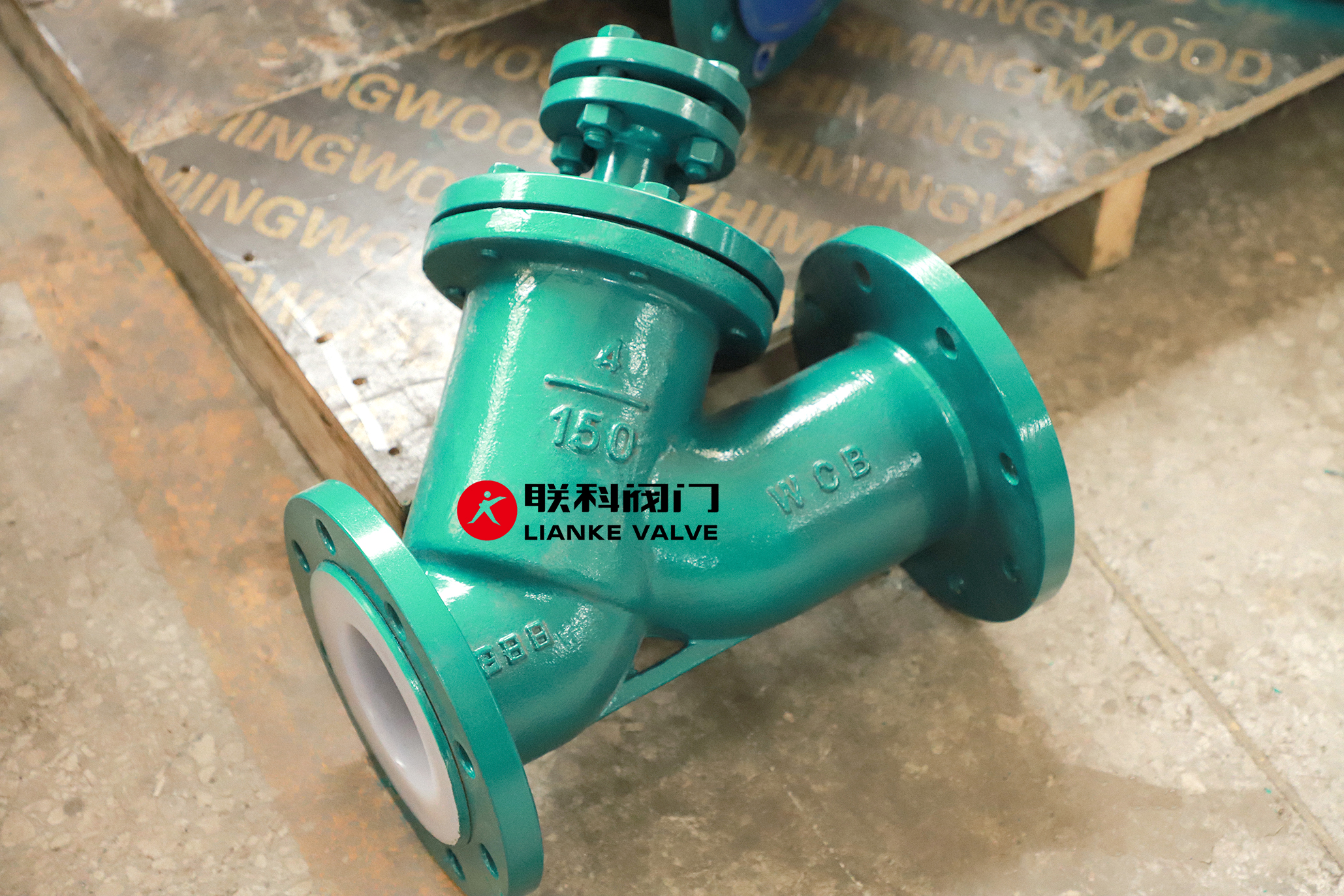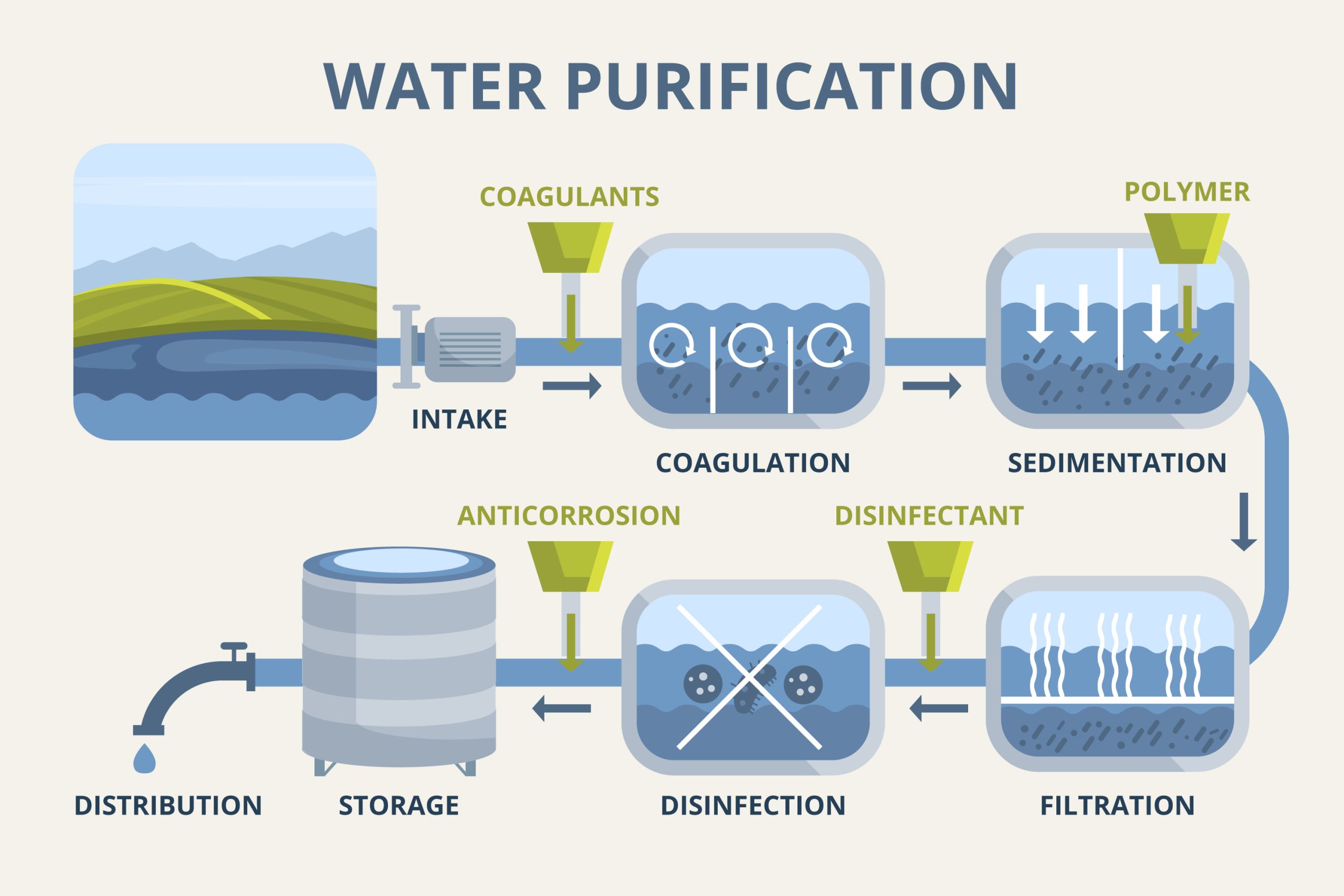

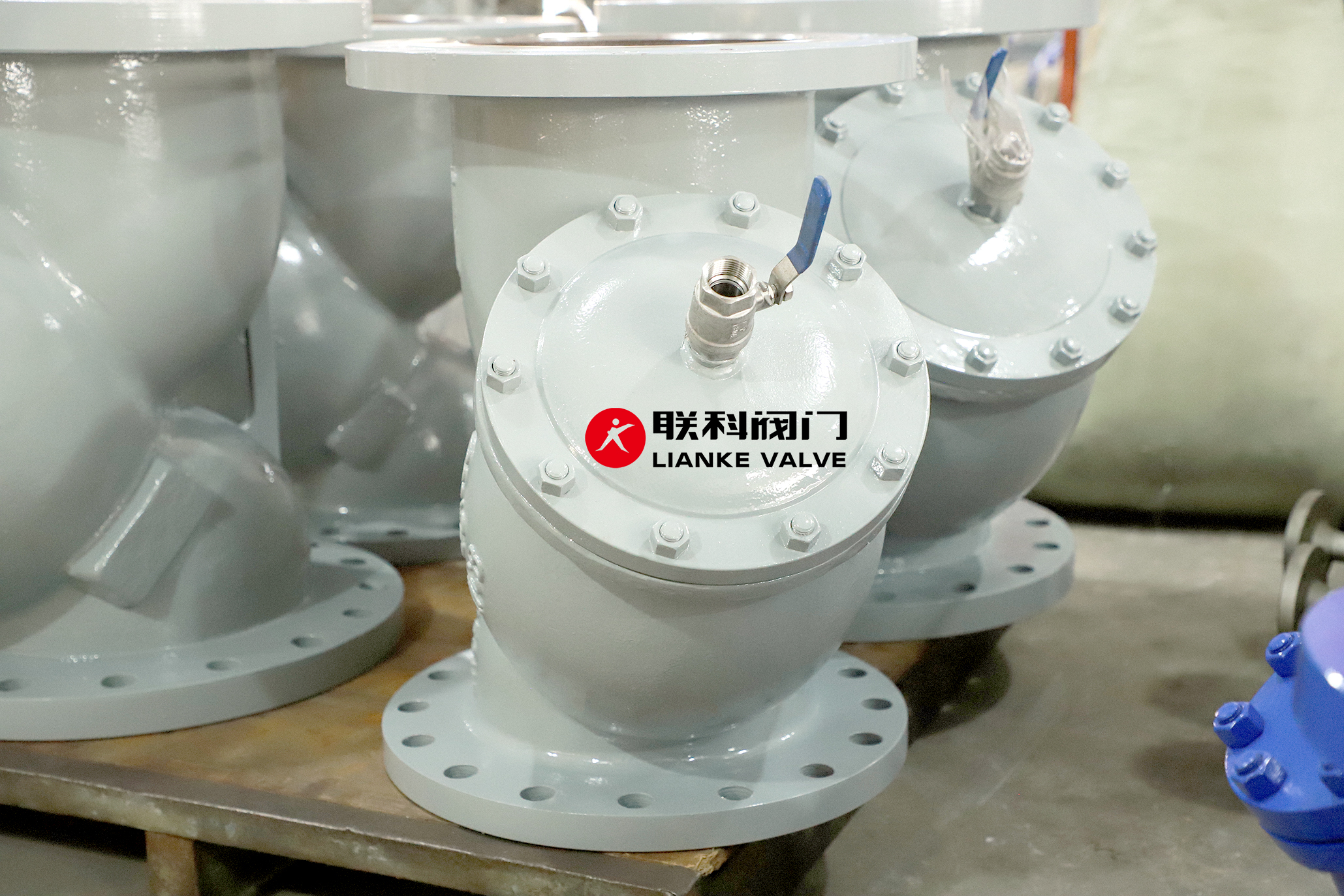
ANSI Class Ratings for Y strainer flanges tell you how much pressure and temperature the flange can handle. These ratings help you choose the right flange material and design to keep your piping system safe and efficient. If you’re installing or replacing a Y strainer in a pipeline, understanding ANSI ratings isn’t optional—it’s essential. Choosing […]
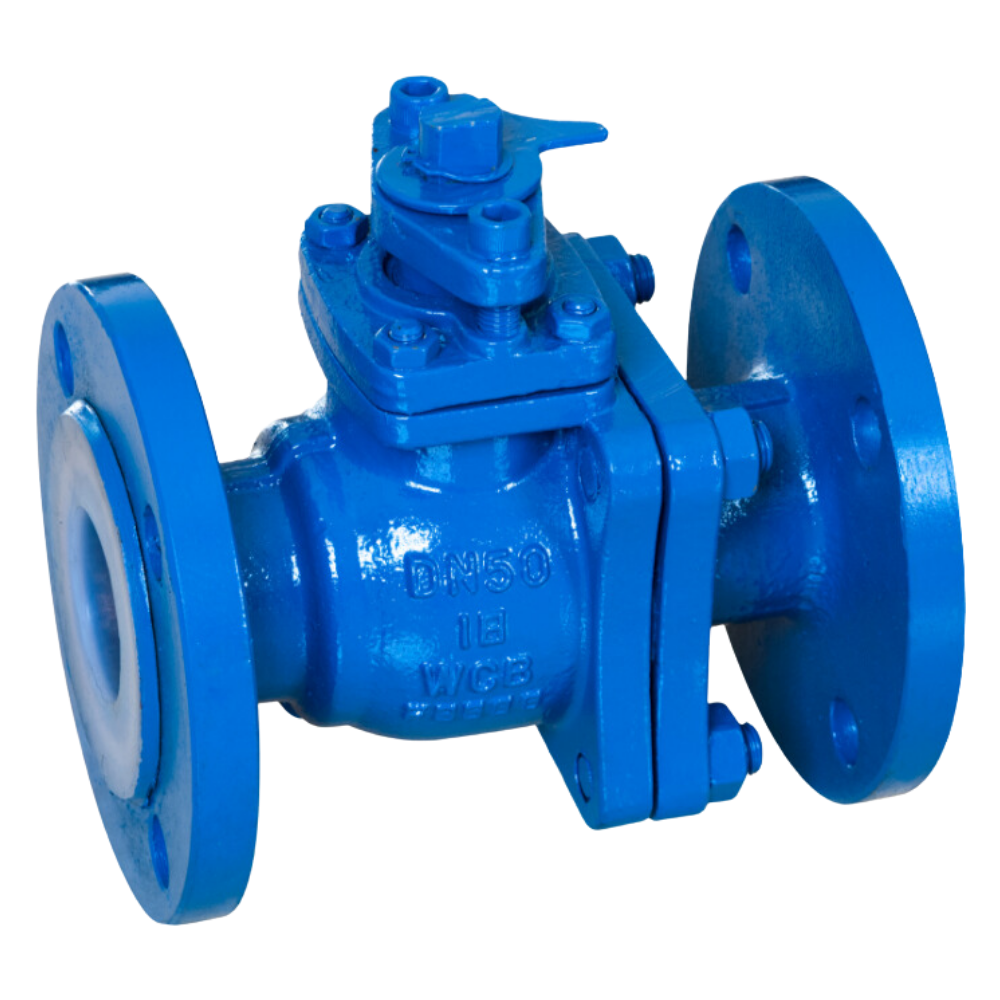
Fluid control in industries is an essential part of larger operations. And this control is provided by valves. There are plenty of differentiable industrial valves such as the ball valve, gate valve or the butterfly valve. And each of these valves have their own differences and pros. Industries like those with chemical plants or Oil/Gas industries […]
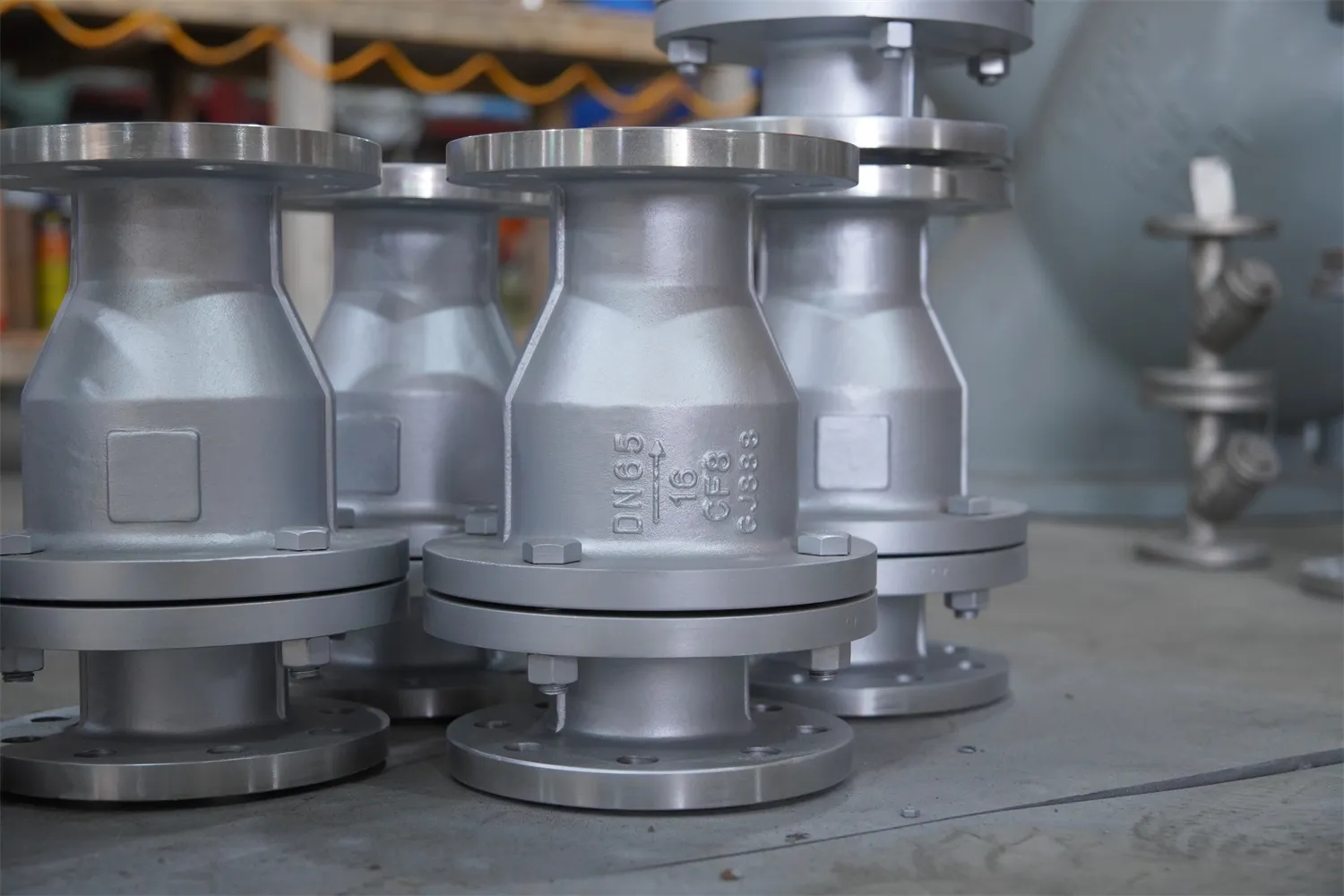
Stainless steel ball valves are known for their durability and high temperature resistance. These valves use a rotating hollow ball to control fluid flow. The alloy layer of stainless steel/nickel and chromium allow these valves to be used in chemical and oil/gas plants. These valves have many different types with each valve either differentiating in […]

Ball valves made of stainless steel find extensive use in a variety of industrial domains, ranging from water treatment and medical equipment to food and beverage manufacturing and chemical processing. These valves are extremely ideal for applications involving corrosive fluids or gases because of their outstanding strength, resilience to corrosion, durability, and dependability. This blog […]

